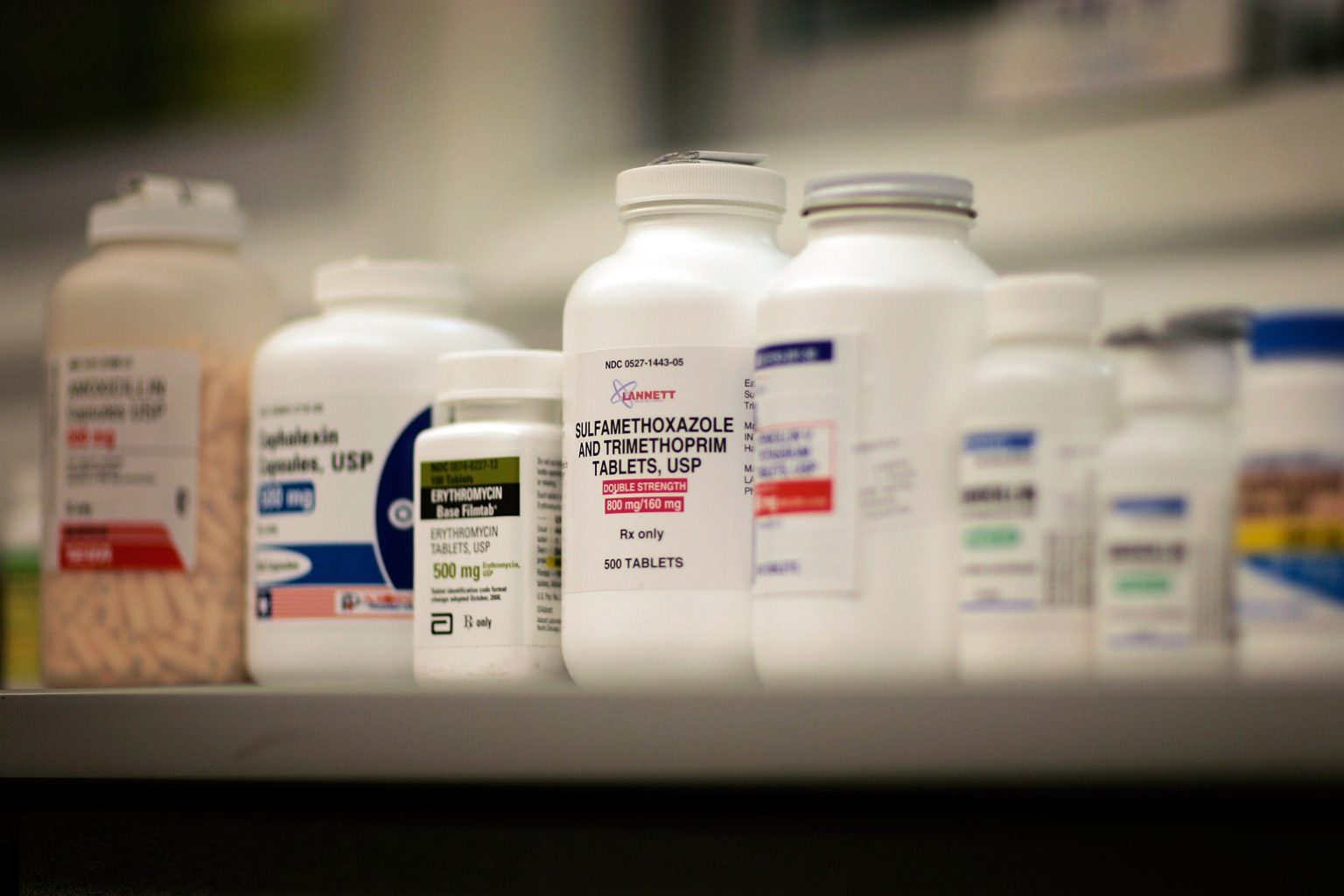Superbugs, or disease-causing bacteria that are resistant to antibiotics and other interventions, pose a serious threat to the world’s health. England’s former chief medical officer, Professor Dame Sally Davies, warned that the impact of superbugs could surpass that of the COVID-19 virus, with potentially devastating consequences. Superbugs infect more than 2 million people in the United States each year and kill at least 23,000, according to the U.S. Centers for Disease Control and Prevention. If superbugs continue to evolve and become untreatable, the repercussions could be widespread, leading to untreatable infections and the need to isolate those infected to prevent further spread.
Superbugs develop when infections become resistant to antibiotics, which can be caused by antibiotic misuse and overuse, as well as through spontaneous resistance or transmission from infected individuals. Patients infected with superbugs face a higher risk of severe illness, death, hospital stays, and other complications due to limited treatment options. Antibiotics are frequently used in farm animals to prevent infections, contributing to the development of drug-resistant infections, adding to the challenge of treating superbugs. In addition to being resistant to antibiotics, superbugs are also hard to kill with strong disinfectants commonly used in hospitals, making them even more dangerous.
Antimicrobial-resistant infections pose the greatest risk to vulnerable populations such as babies, seniors, individuals on long-term antibiotic treatments, and immunocompromised individuals. These groups are more susceptible to severe complications from superbug infections, highlighting the urgent need for effective interventions to combat the spread of antimicrobial resistance. The development of new treatments and strategies to address superbugs is crucial to prevent the potential catastrophic impact on global health. It is essential to address the root causes of antimicrobial resistance, such as antibiotic overuse, to mitigate the threat posed by superbugs to public health.
Professor Dame Sally Davies has a personal connection to the devastation caused by superbugs, as her goddaughter succumbed to an infection caused by a drug-resistant bacteria in 2022. The tragedy highlights the real-life consequences of antimicrobial resistance and underscores the urgent need for action to address this growing threat. Superbugs present a significant challenge to healthcare systems worldwide, requiring a coordinated effort to develop effective solutions and strategies to combat the spread of drug-resistant infections. By raising awareness of the dangers posed by superbugs and implementing measures to prevent their spread, we can work towards ensuring the future effectiveness of antibiotics and protecting global health from the threat of untreatable infections.
As the COVID-19 pandemic continues to evolve, the emergence of superbugs represents a parallel threat that could have far-reaching consequences for public health. The impact of antibiotic-resistant infections could surpass that of the current pandemic, leading to a scenario where untreatable infections become more common, posing a serious challenge for healthcare systems and communities worldwide. By addressing the root causes of antimicrobial resistance and implementing measures to prevent the spread of drug-resistant infections, we can work towards mitigating the potential devastation caused by superbugs and protecting global health for future generations. The urgent need for action to combat antimicrobial resistance is clear, and concerted efforts are required to address this pressing public health threat.


